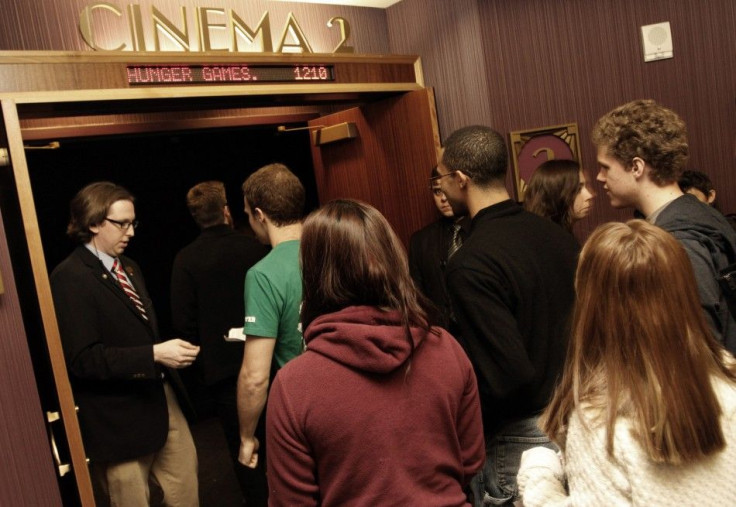Oscar Buzz Can Mean More Cash For Hollywood Movies, But Beware The Dreaded ‘Razzie’

Investors might want to pay closer attention to Oscar buzz. A new study from Emerson College in Boston found a strong correlation between critically acclaimed movies and the amount of revenue they bring in, not just on opening weekend but for several weeks after. And on the flipside, films that were eventually nominated for a Golden Raspberry Award, or "Razzie," a tongue-in-cheek "honor" given to the worst movies of the year, were playing to pretty empty theaters by the end of their first month.
Movies that became Oscar nominees between 1996 and 2015 had a significantly smaller drop in week-to-week revenue than those nominated for a Razzie. Revenue for Oscar-nominated films dropped 24 percent, 26 percent, 25 percent and 21 percent, respectively, in the four weeks after opening night, whereas revenue for Razzie nominees over the same time period plummeted 54 percent, 56 percent, 53 percent and 54 percent, respectively. That averages about a 30-point difference.
Owen Eagan, the executive-in-residence at Emerson who authored the study, acknowledged some of its shortcomings. For one, it measured the financial success of a movie based on revenue, not return on investment, which isn't the greatest proxy. And relying on Academy of Motion Pictures Arts and Sciences and Razzie voters as arbiters of taste is also hardly scientific. The Academy has taken plenty of heat for its lack of diversity, and Razzie votes can be purchased online.
But Eagan said surveying people would have been impractical, and return on investment can be skewed by major outliers like 1999's "The Blair Witch Project," which cost only $60,000 to make and brought in nearly $250 million.
"These standards are far from perfect, but they are better than all the rest," he wrote.
Eagan said the study shows "clear trends," but warned against using it to try to predict the financial success of a given movie.
© Copyright IBTimes 2024. All rights reserved.





















